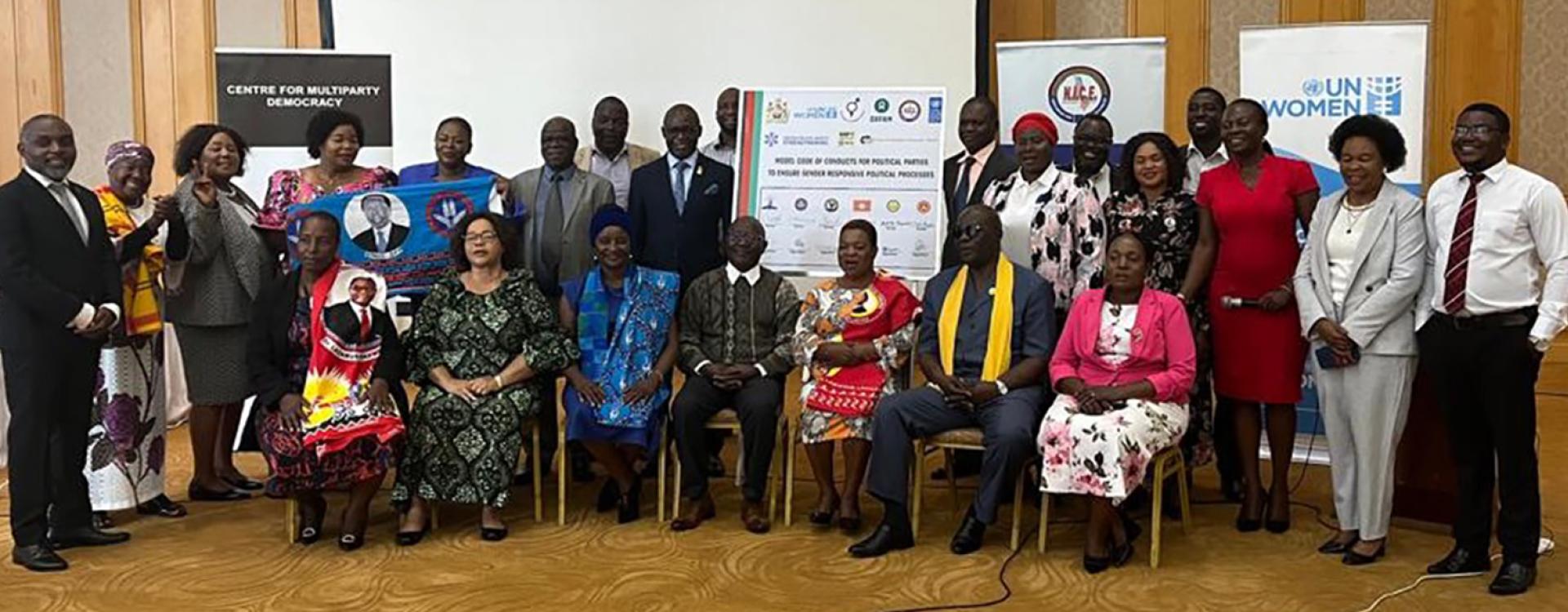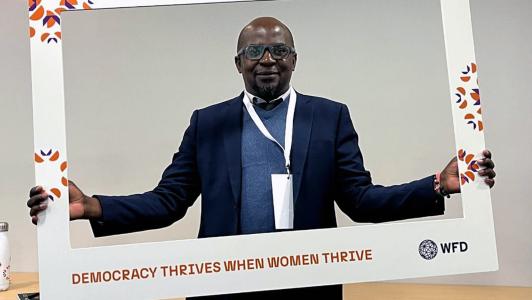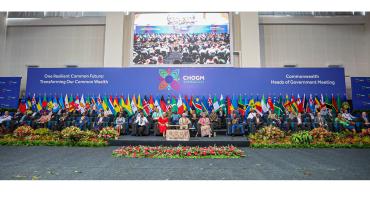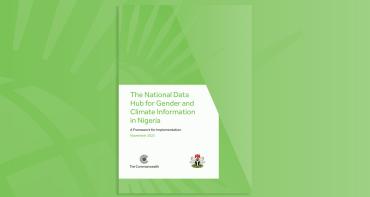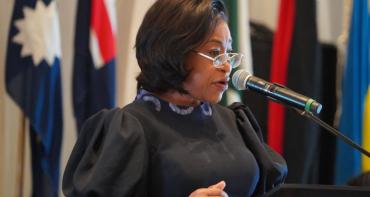Viwemi Chavula’s life’s work is a testament to his unwavering determination. His efforts have been recognised for encouraging male religious and political leaders to increase women's access and inclusivity. By holding such leaders accountable for male-centric practices, he steers gender-responsive decision-making.
A voice for inclusion
Viwemi's efforts have significantly impacted the political landscape in Malawi. Globally, there remain lower political participation rates for women than men, with Malawi facing structural and cultural barriers that have limited women's involvement in politics.
In 2019, the share of women in Malawi’s parliament increased from 17 to 23 per cent. This improvement is partly thanks to people like Viwemi, the former Team Leader of the 50:50 Agency, which worked with the Commonwealth to empower female political candidates from 2018 to 2022. His efforts, which included political skills-building and multimedia campaigns, significantly boosted women's confidence and participation in Malawi’s politics.
Promoting gender equality
In 2024, the Pan African Learning and Growth Network recognised Viwemi for his advocacy and awarded him the 'Male Champion' title for promoting gender equality. Alongside his roles as Commissioner and Chair of the Gender and Women’s Desk for the Malawi Human Rights Commission, he advocated for the drafting of a layman’s bill pushing for gender quotas and more inclusive political practices, which will be lobbied for ahead of the 2025 elections.
A landmark achievement for gender equity
In a landmark achievement for gender equity and the inclusion of Malawi’s women, this year Viwemi and several national and international NGOs mobilised all six of its main political parties in parliament to sign a Model Code of Conduct to ensure gender-responsive political processes and violence-free primary elections.
Viwemi said:
“We developed a model code of conduct for political parties. This outlines basic minimum standards of how we expect political parties to operate in the whole electoral cycle. It includes a checklist modelled on the Commonwealth checklist, to improve women in decision and political processes.”
Building capacity for violence prevention against women and girls
His advocacy extends beyond Malawi too. He is a member of the African Union’s Civil Society Working Group on Women, Peace and Security, and has assisted Zambian civil society organisations in building capacity for violence prevention against women and girls ahead of the 2026 elections. Viwemi’s work supports the Commonwealth’s broader work to promote inclusive, gender-responsive politics across the region.
